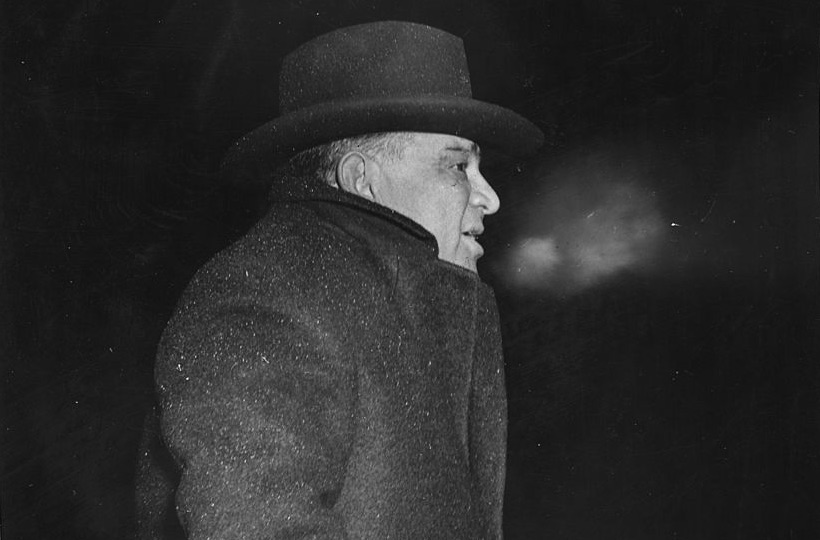“Oppression makes us sick.”
“Depression is not a weakness.”
“Anxiety is nothing to worry about, but how we get our health care is.”
For the past few years, thoughts like these have been strapped to signposts in Astoria, Bushwick, Clinton Hill, Fort Greene, and Williamsburg. They’re quite arresting, like having a reassuring conversation — albeit with a stranger. And somehow, in the midst of all the mufflers, sirens, moans, and bird hops along the street, they stand out as beacons of momentary stillness, like water coolers at the office, inviting you over not to talk shop; but rather, to discuss a more serious concern: the state of your mental health.
And that’s the aim of artist/educator Rachel Brown. To her, mental health isn’t some personal stigma people should bare alone in private, it’s a societal problem we all bare together. And it’s about time we discussed how we’re all really doing.
Created in the fall of 2017, Ms. Brown’s “Disordered” Project was a reaction to Donald Trump’s ascent to the presidency. In her own life, she noticed a “destabilizing” and “re-traumatizing” affect his rhetoric had on her friends who were already living with mental health challenges. Trump’s attacks on people from “shithole countries,” calls for police to “rough people up more during arrests,” and threats to repeal the Affordable Care Act cultivated an atmosphere of supercharged anxiety. The only way to respond, she reasoned, would be to “normalize” speaking about the difficulties people face under these conditions. If her signs could help “de-stigmatize” the shame people feel about having depression or generalized anxiety, for example, perhaps she could make such somber topics “approachable.”
Last year, reflecting on her work, she wrote:
I believe that in the United States a very large part of our suffering and worry has been created and cultivated through a history of individualism, capitalism, racism, and other forms of oppression and inequality. In other words, I believe that priorities are ‘disordered,’ and this greatly affects our well-being in a negative way. I believe that thinking critically about health and society can not only help us to feel better, but can also help us deconstruct harmful systems and build sustainable supports for humanity.
In other words, given these times of people protesting against police brutality across the nation, Ms. Brown’s signs are as poignant as ever.
Photo by Rick Stachura. One of Rachel Brown’s signs on 30th Avenue in Astoria, Queens. June 18, 2020.

